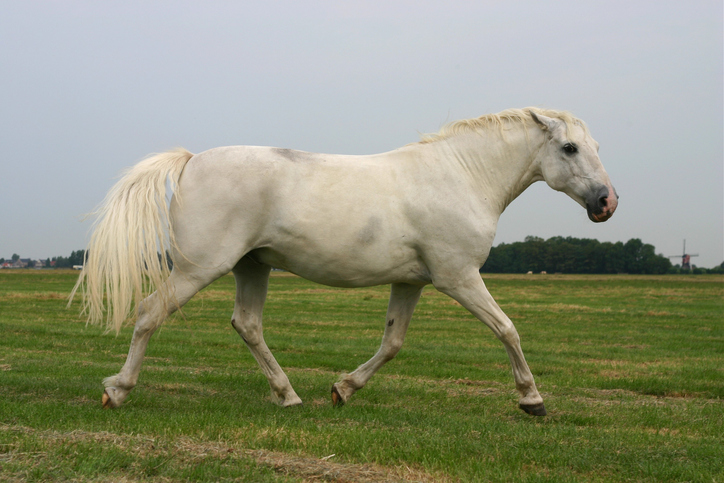Q: A friend of mine is talking about getting her mare’s ovaries removed, as she believes this will help settle her hormonal behaviour. Can you please tell me the pros and cons of this, and the approximate cost?
Sara, Auckand

Vet Dave replies:
Sara, if you have a mare with hormonally-affected behaviour, then an ovariectomy is the ultimate solution as long as you don’t plan to breed with her at any point.
Before embarking on a surgical solution, I would suggest that you trial the mare on a month’s worth of progesterone to see what behaviour you get, as this will be the likely behaviour you will see post-surgery. If you don’t get the behaviour you want during progesterone therapy, then ovariectomy will not be the magic bullet you are hoping for and the unwanted behaviour is not completely hormonal.
Once you have tried progesterone therapy and the mare is well settled, then you have several options for continued therapy.
The first is simply to give her a daily dose of progesterone as you would take a pill in humans; the plus side of this therapy is that it is completely reversible and can be stopped at will. The downside is that you have to handle progesterone on a daily basis, which means you have the risk of getting it on your skin and affecting your own hormone levels.
Zoetis have a vaccine that works well a generating an immunity to one of the signals to induce oestrus. It is excellent at suppressing ovarian activity. The main downsides are the cost and availability of the vaccine. However, for those clients I have had on the vaccine, an initial two shots four weeks apart, followed by yearly boosters, is an easy way to maintain appropriate non-hormonal behaviour with minimal input from their perspective.
Ovariectomy is the last option for behavioural control. We currently do the surgery laparoscopically in a standing sedated horse, and typically charges range from around $2500-3500 depending on the size of the horse, drugs used and duration of surgery.
Different surgeons may choose to do the procedure vaginally, through an open flank incision, or laparoscopically. To be honest the best procedure is the one with which the surgeon is most familiar, as they will be most efficient at this procedure. Complications from are relatively similar irrespective of the method chosen.
Have a chat to your local surgeon, or surgeons if you are lucky enough to live in the Waikato and have plenty to choose from at your doorstep, and work out which method you prefer.
You have to be comfortable with the risks, and with the fact that surgery is very much an elective procedure for behavioural reasons. Once you have passed through the potential post-operative risks of surgery, then there are no future risks to your mare from having her ovaries removed.






